Understanding Electrical Panels and Circuit Breakers
Understanding Electrical Panels and Circuit Breakers
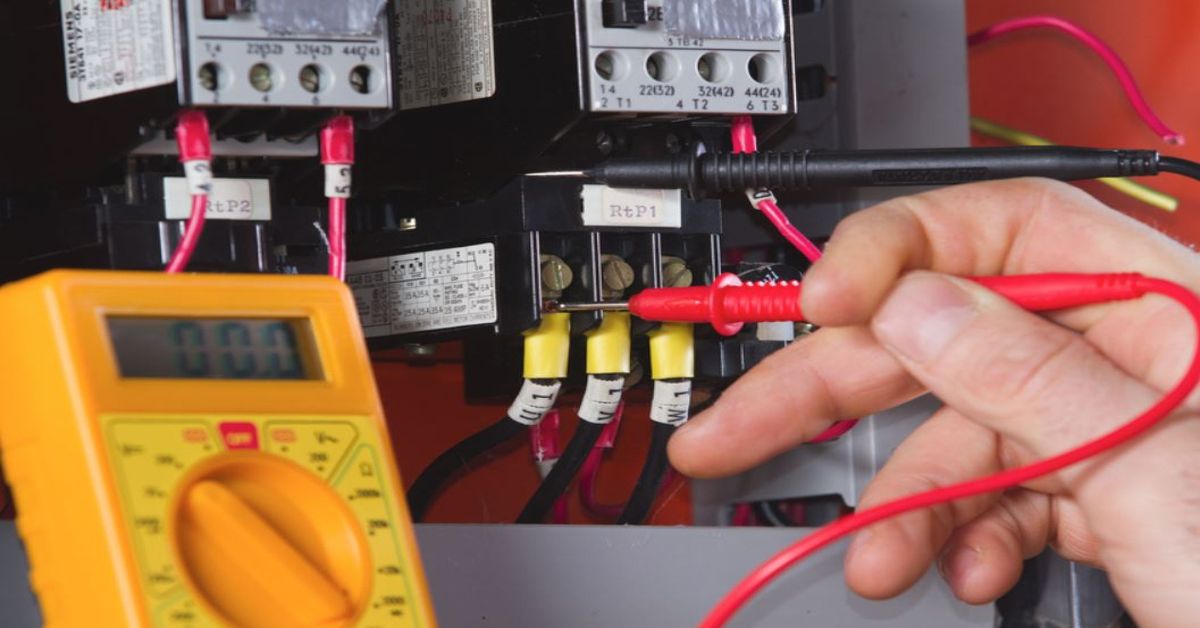
In the heart of Safety Harbor, FL, understanding the intricacies of your home’s electrical system is essential for safety and efficiency. At the core of this system are the electrical panel and circuit breakers. These components are vital for distributing electricity throughout your home and protecting it from electrical hazards. In this blog, we’ll dive into the basics of electrical panels and circuit breakers, their importance, and how to ensure they are properly maintained.
What is an Electrical Panel?
An electrical panel, often referred to as a breaker box or distribution board, is the central hub of your home’s electrical system. It receives power from the utility company and distributes it to various circuits throughout your home. The panel contains multiple circuit breakers or fuses that control the flow of electricity to different parts of your house.
Understanding Circuit Breakers
Circuit breakers are safety devices within the electrical panel that protect your home from electrical overloads and short circuits. Each breaker is connected to a specific circuit. If a circuit draws too much current, the breaker will trip, cutting off the flow of electricity to prevent damage or fire.
There are several types of circuit breakers, including:
- Standard Breakers: These are the most common and protect against overloads and short circuits.
- GFCI Breakers: Ground Fault Circuit Interrupter breakers protect against ground faults, which occur when electricity takes an unintended path to the ground. These are typically used in wet areas like kitchens and bathrooms.
- AFCI Breakers: Arc Fault Circuit Interrupter breakers detect and protect against electrical arcs, which can cause fires. These are often required in bedrooms and living areas.
Importance of Regular Maintenance
Regular maintenance of your electrical panel and circuit breakers is crucial to ensure they function correctly. Here are some tips to keep your system in top shape:
- Visual Inspections: Regularly check your electrical panel for any signs of damage, rust, or moisture. Ensure the panel door closes properly and that there are no loose wires.
- Test Breakers: Test your circuit breakers periodically by tripping and resetting them to ensure they are functioning correctly.
- Professional Inspections: Have a licensed electrician inspect your electrical panel and circuit breakers annually. They can identify potential issues and ensure everything is up to code.
Signs of Electrical Panel Problems
Be aware of the following signs that may indicate problems with your electrical panel or circuit breakers:
- Frequent Tripping: If your breakers trip frequently, it could indicate an overloaded circuit or a faulty breaker.
- Burning Smell: A burning smell near your electrical panel is a serious warning sign of overheating or electrical fires. Turn off the main power and contact an electrician immediately.
- Buzzing or Humming: Unusual sounds coming from the panel could indicate loose connections or faulty breakers.
Upgrading Your Electrical Panel
Older homes in Safety Harbor, FL, might have outdated electrical panels that can’t handle modern electrical demands. Upgrading your panel can improve safety and efficiency. Signs that you might need an upgrade include:
- Your home still has a fuse box instead of circuit breakers.
- The panel is more than 25 years old.
- You frequently experience power outages or blown fuses.
Conclusion
Understanding your electrical panel and circuit breakers is essential for maintaining a safe and efficient home. Regular maintenance and timely upgrades can prevent electrical hazards and ensure your home’s electrical system meets your family’s needs. If you have any concerns about your electrical panel or need an inspection, our team of licensed electricians in Safety Harbor, FL, is here to help. Contact us today for professional, reliable service.

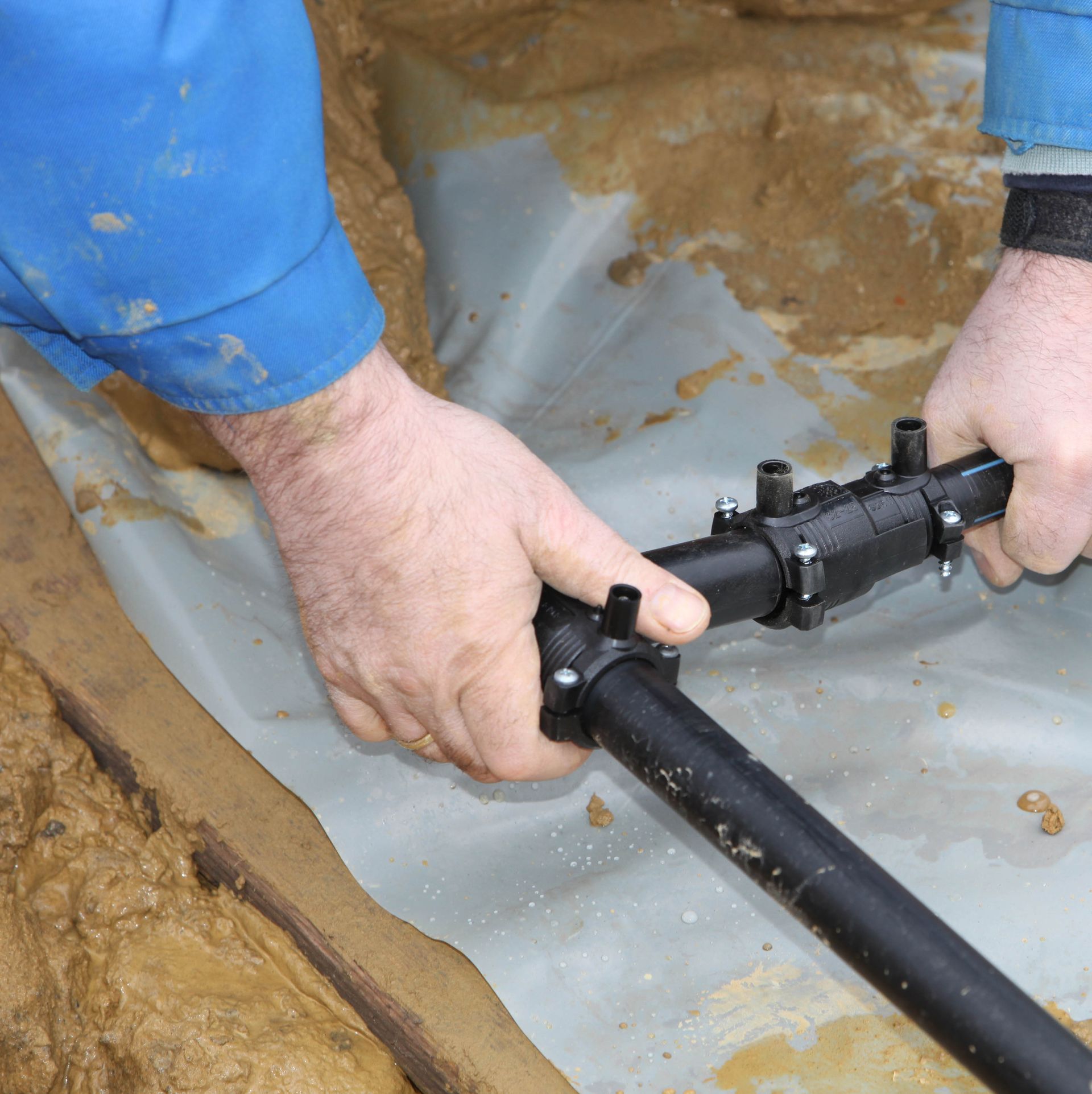
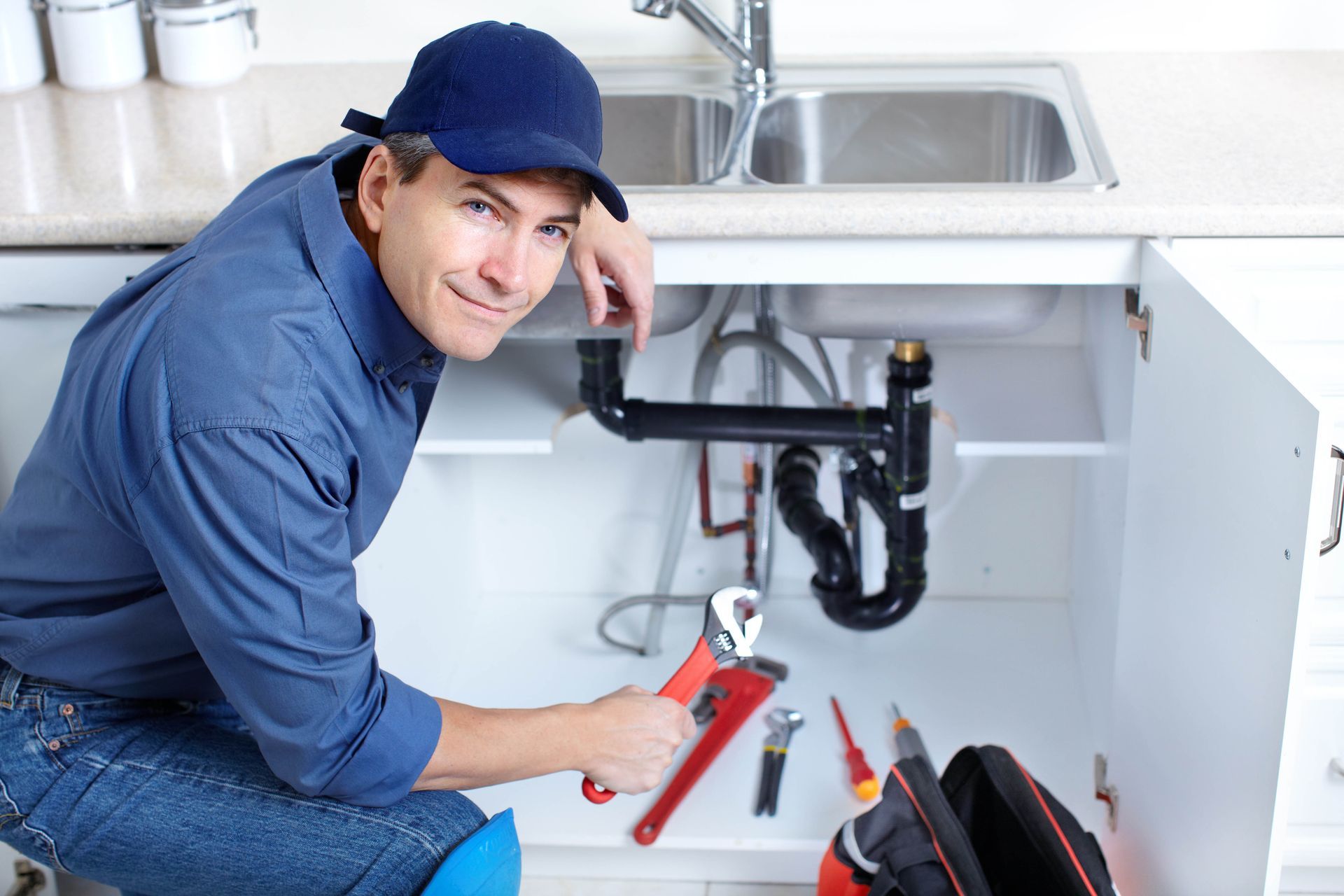
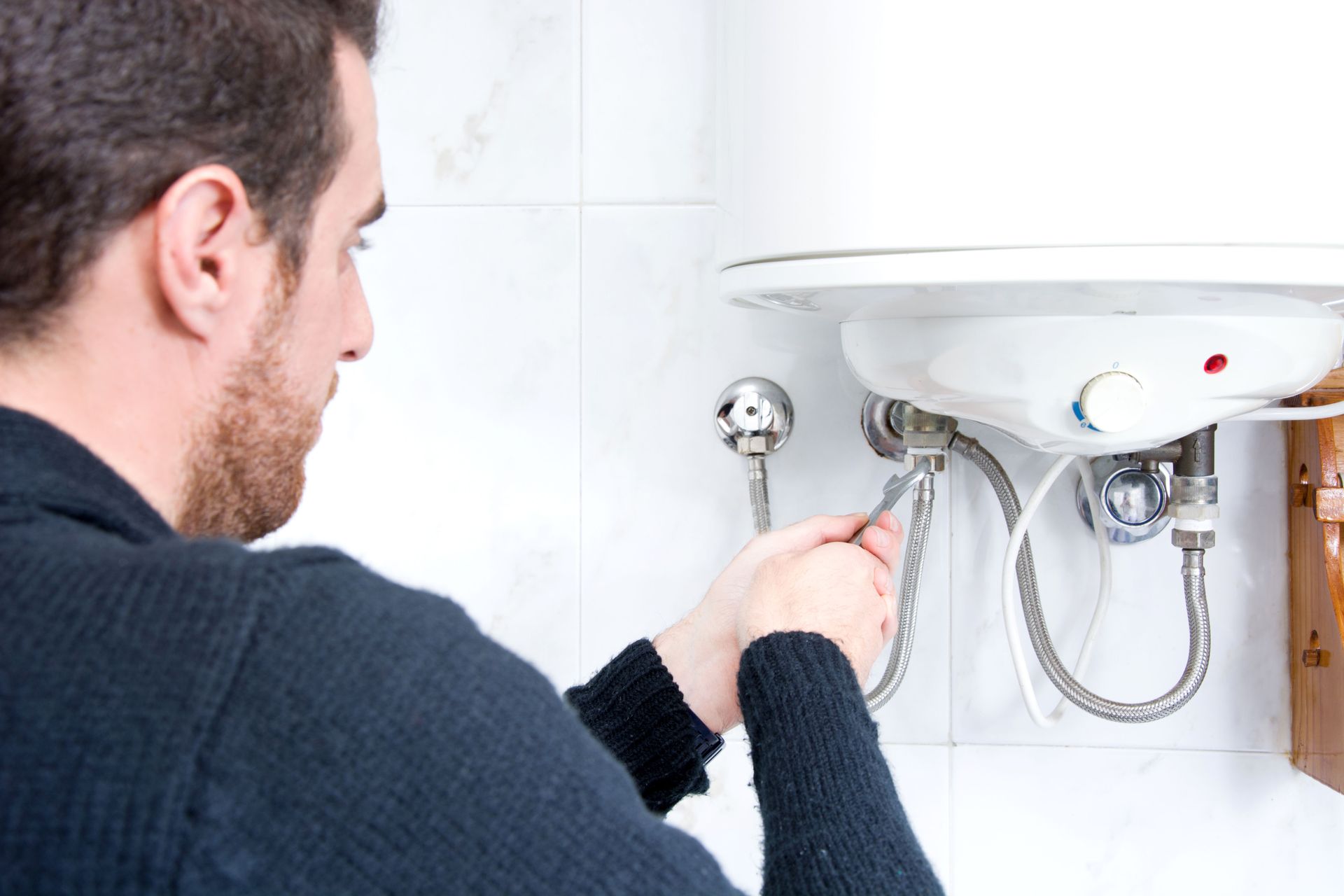
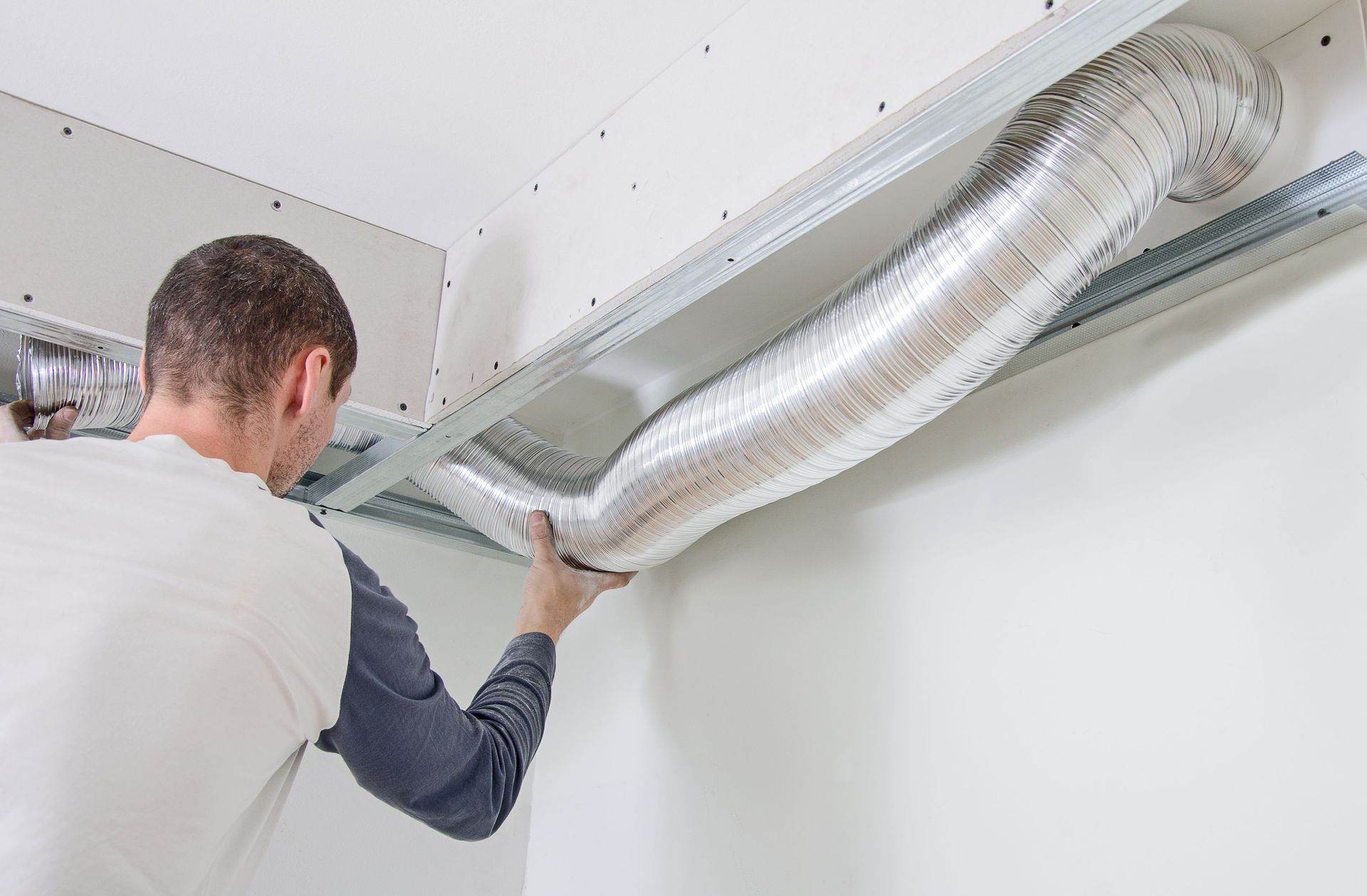
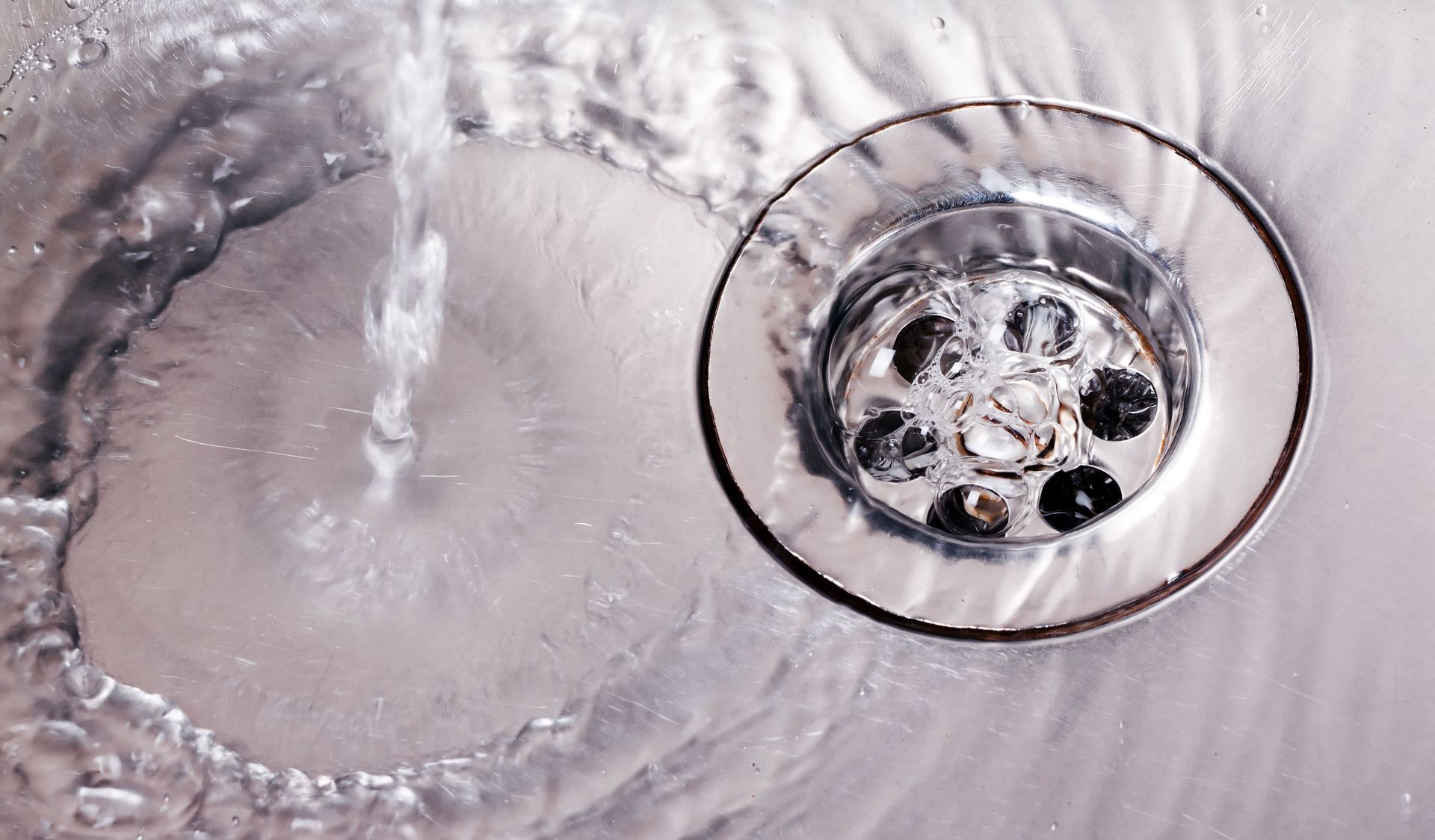
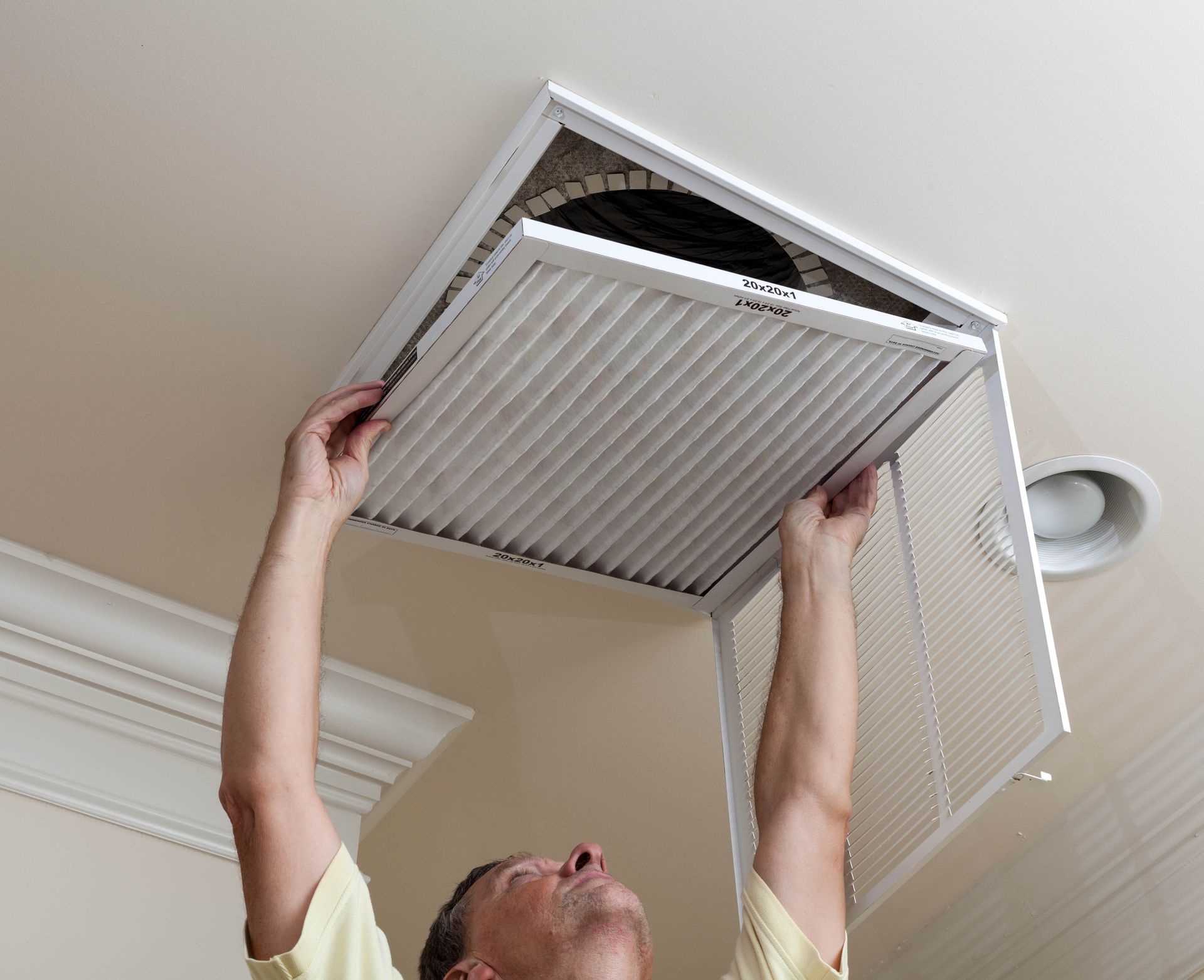
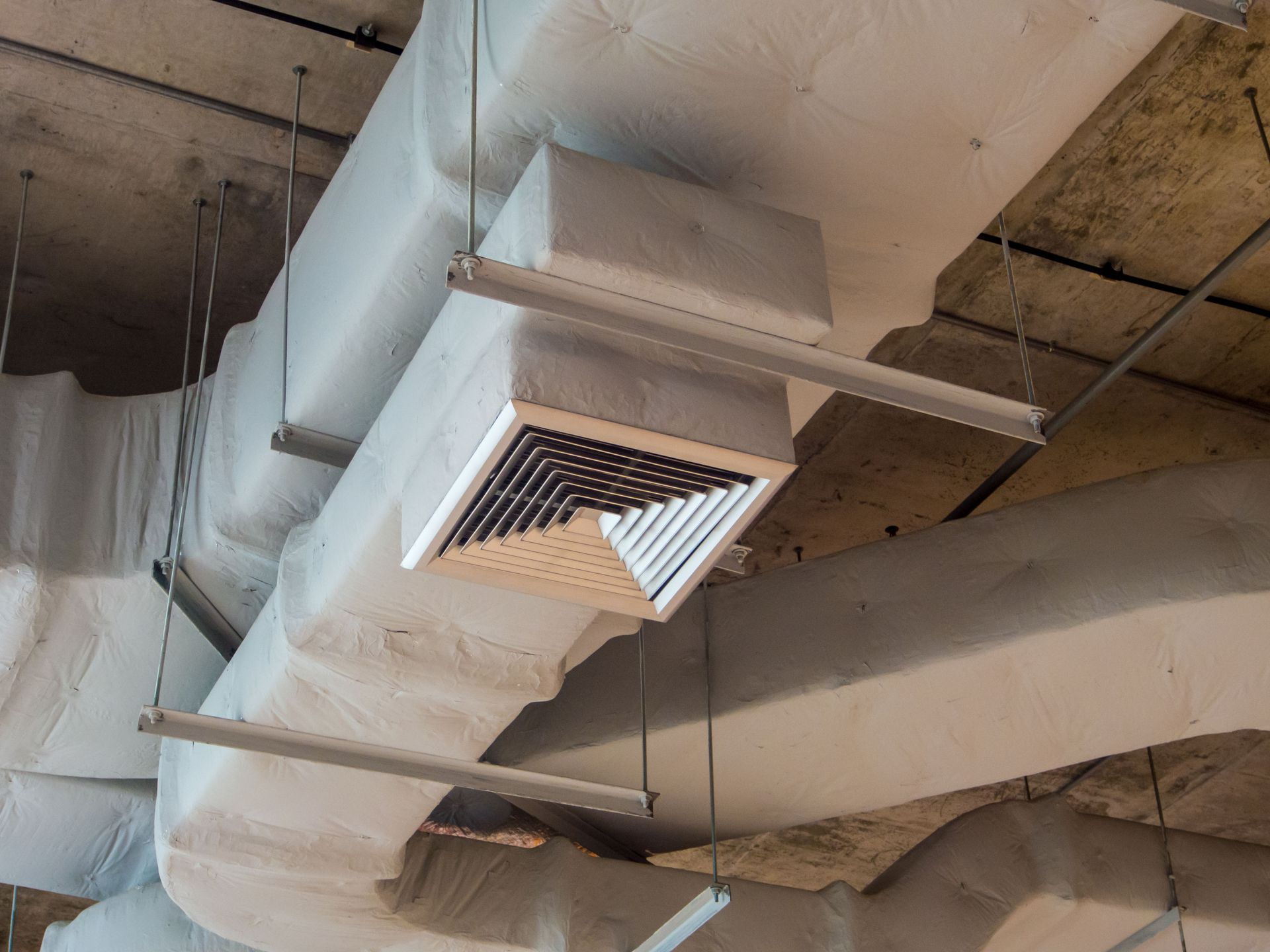
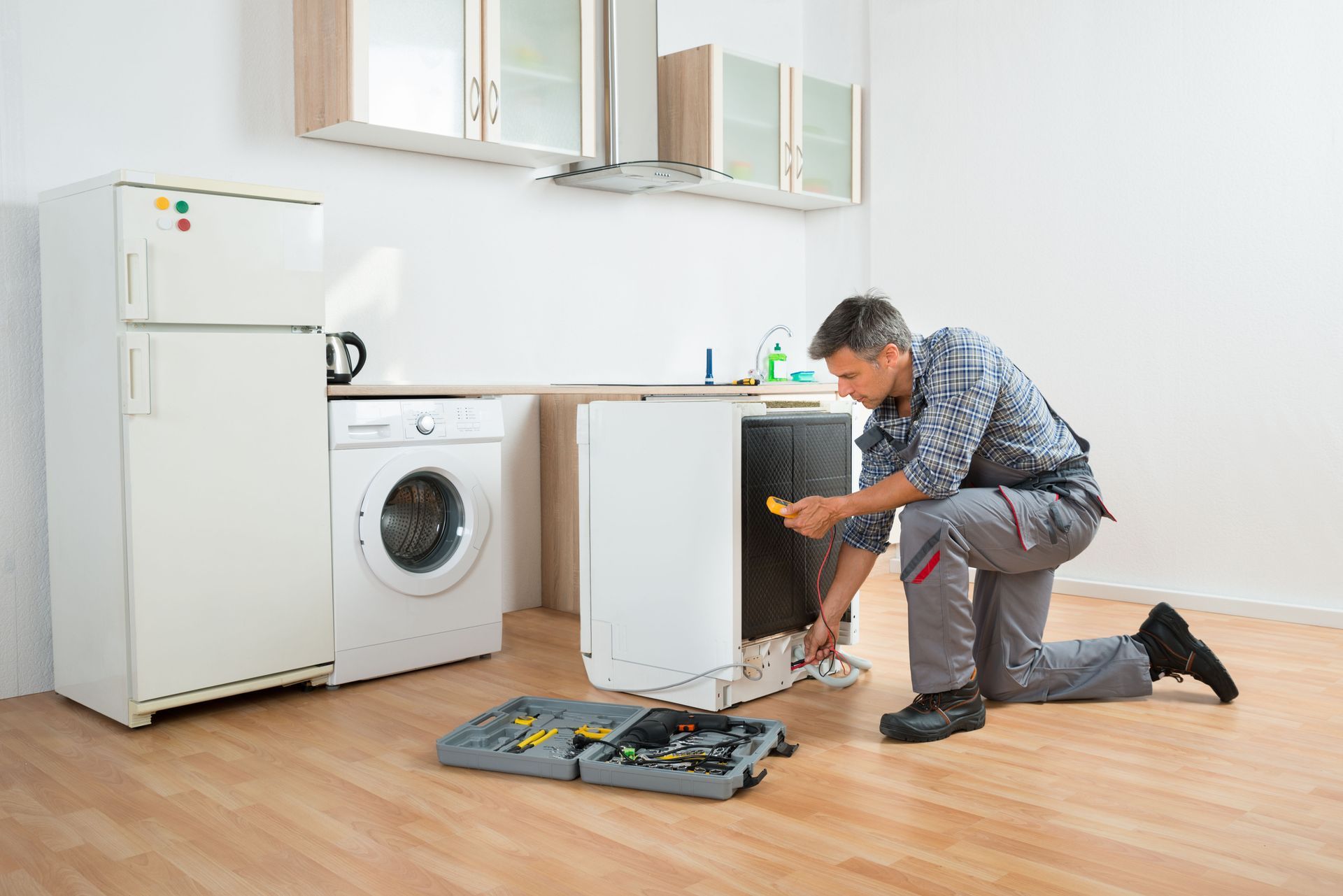
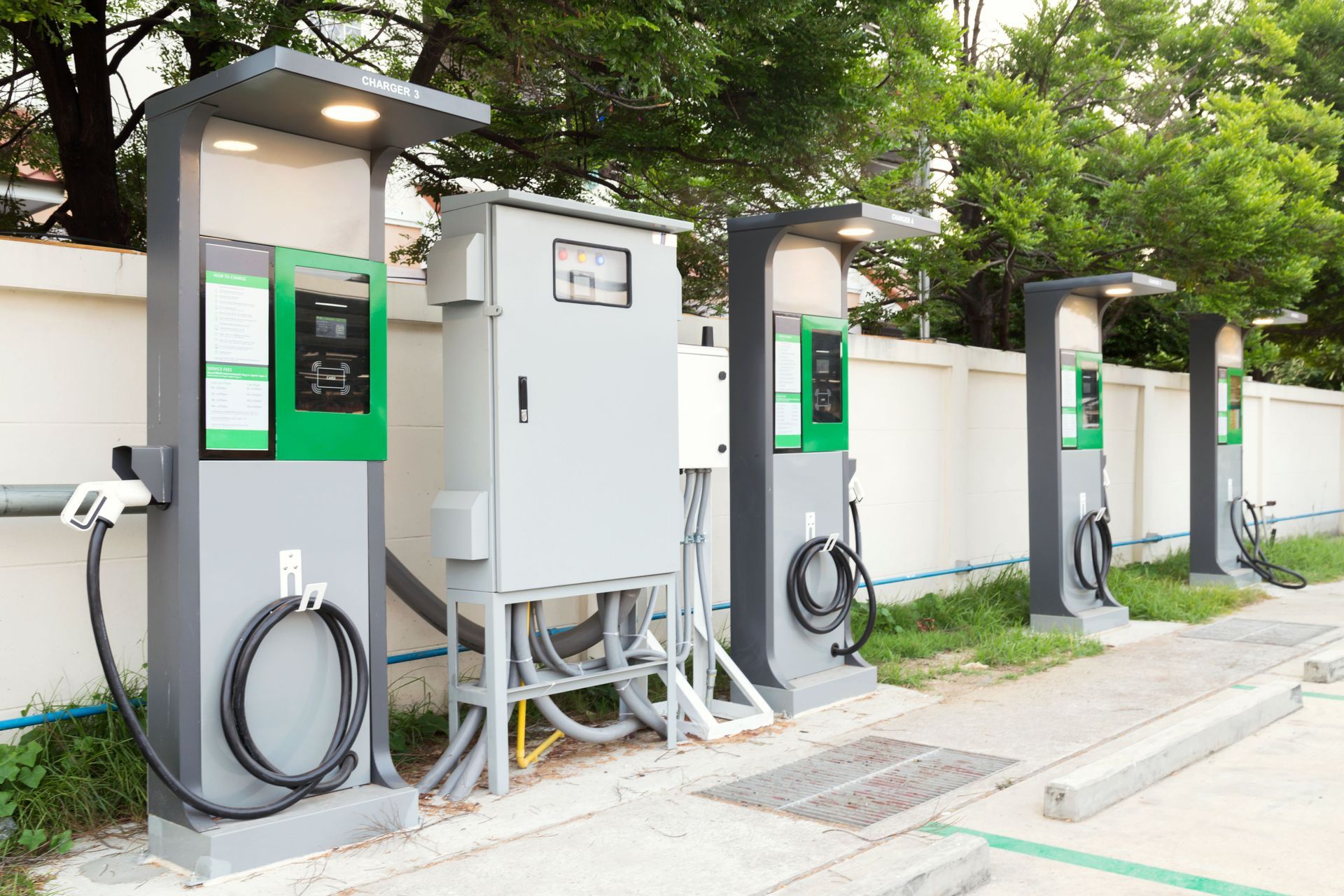
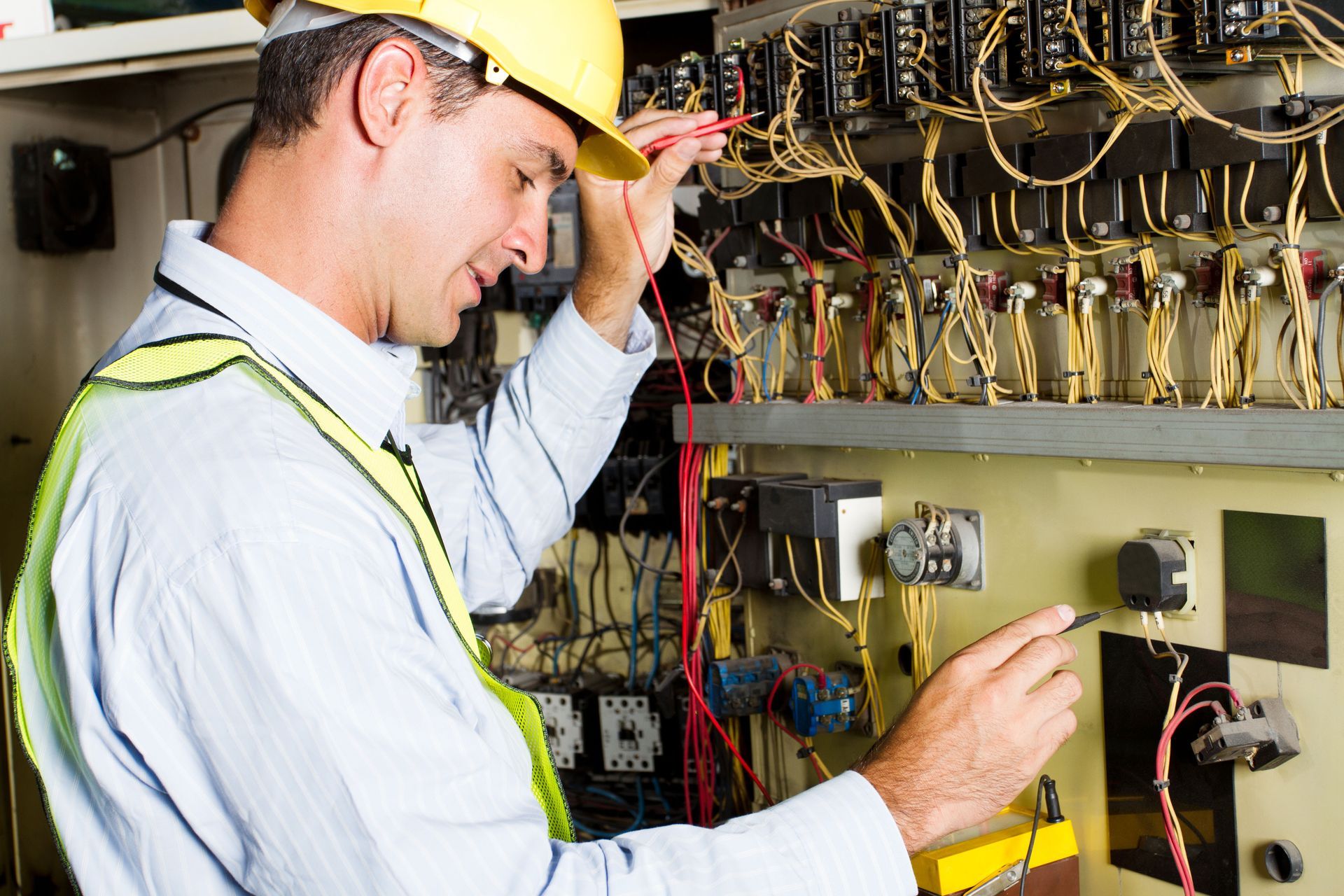
Share On: